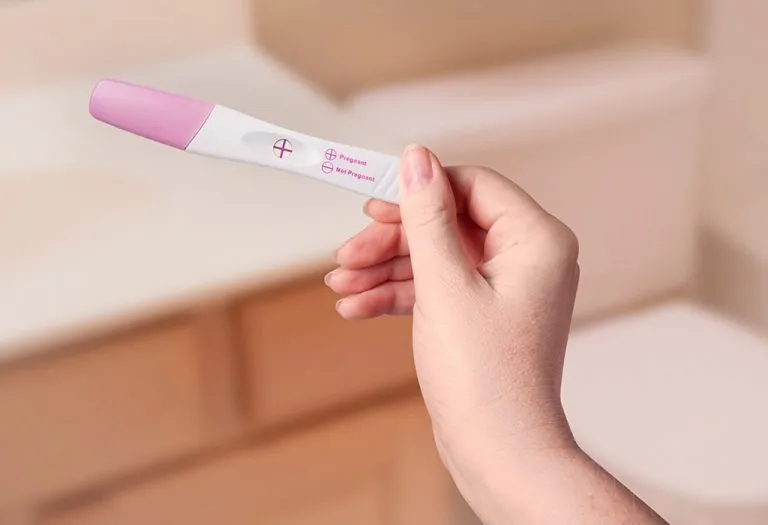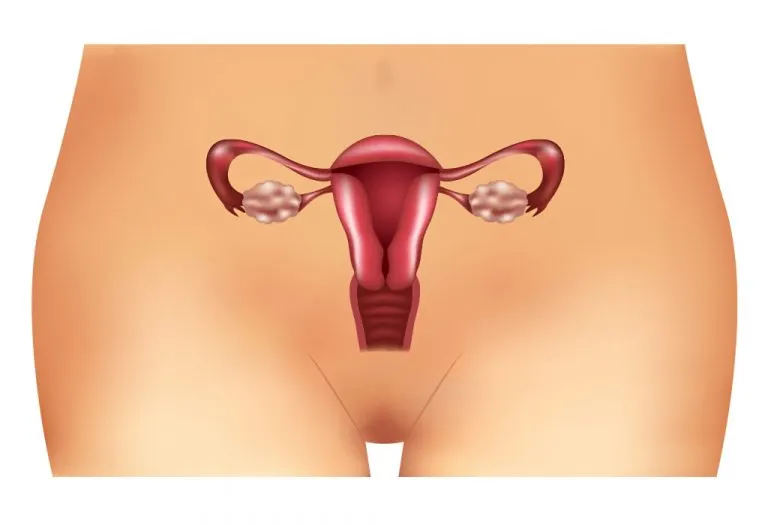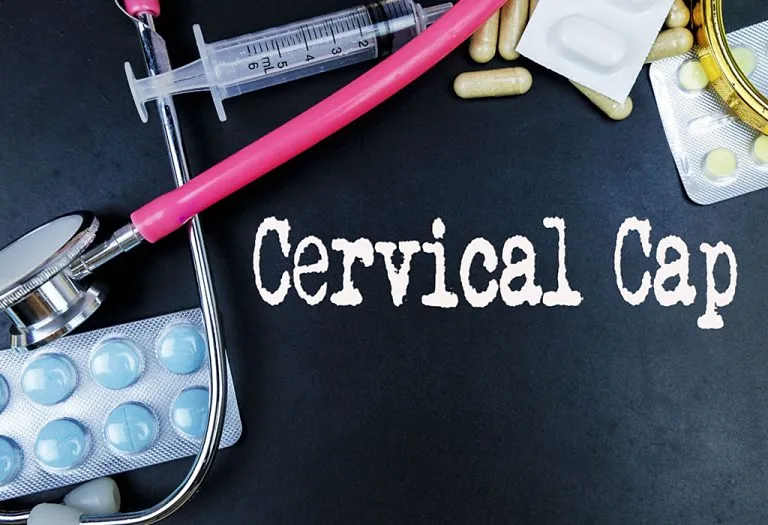Positive Pregnancy Test: What to Expect & Key FAQs Answered

The time between taking a pregnancy test and finding out the result seems like an eternity. Those precious moments are full of nervousness and excitement for a couple trying to get pregnant. And when you finally see a positive pregnancy test, containing the joy of being a parent is ineffable. For a few days, you have no idea how to react, how to behave or what to do. You will also wonder if the test was true or not and take multiple tests to make sure. These moments of doubt are common. From scheduling your first doctor’s visit to understanding early prenatal care, we will guide you through the essential first steps to ensure both you and your baby stay healthy from the start.
A missed period always alerts women, as it could be a sign that they might be pregnant. However, some may get early pregnancy symptoms, such as bleeding, which occurs when the fertilised egg attaches itself to the uterus wall, called implantation bleeding (9). Whenever you suspect you are pregnant, you can take a pregnancy test.
What Is a Positive Pregnancy Test?
Most of the time, a positive pregnancy result means that you are pregnant. Your urine needs to have a certain amount of Human Chorionic Gonadotrophin (hCG) in order to confirm your pregnancy. The hCG hormone is released eight to ten days after conception, once the fertilised egg implants itself into the uterus wall. From here on, the levels of the hormone will increase at a steady pace throughout the next few months (1).
In the medical field, hCG levels less than 5 ml U/ml are considered negative, and hCG levels higher than 25 ml U/ml are believed to show pregnancy test results positive. Some pregnancy tests are sensitive and can detect pregnancy when the hCG levels reach 15 ml U/ml, while others are less sensitive and can only detect pregnancy if the hCG hormone levels reach above 25 ml U/ml (4).
How to Be Sure If the Pregnancy Test Is Really Positive?
The expiry period for a pregnancy test is around ten minutes, after which, there may be a chance that you might take the evaporation line for a positive. This is something that leads to a fake positive pregnancy test result. Any medication that may raise the level of the hCG hormone in the body, including some fertility drugs, may also cause a false-positive result. Even manufacturing defects in the kit itself could lead to a wrong result, though it happens rarely.
Twenty-five to fifty percent of eggs that are fertilised don’t make it through the first few weeks of pregnancy and around fifteen percent of women who get a positive pregnancy test result end up having miscarriages within this time period.
It is best to wait to take the pregnancy test until you have missed your period. This way you can be certain it is positive and the chances of the pregnancy resulting in a miscarriage are lower (1) (5).
What if the Positive Pregnancy Test Shows a Faint Line?
It is possible to be pregnant, even if there is a faint line on the pregnancy test. The main reason your pregnancy test may be showing a faint line instead of a bold one is due to the low levels of the hCG hormone in your body. However, you need not concern yourself, as everyone has different hormone levels. Even normal pregnancies can result in low hCG levels, and the best thing to do is to see how things go as your pregnancy progresses. Take another test and see the result. The line will be much bolder later.
If you did not take the first test in the morning, you could always take it again the next day. It is suggested to take the pregnancy test from your first urine in the morning, as your hormone levels are highest at that time and, thus, the chances of an accurate result are more (2).
Sometimes, the faint line may not be a positive result, but an evaporation line. This line appears when the urine is evaporating from the stick and not because you are pregnant.
What to Do After a Positive Pregnancy Test?
So you have a positive pregnancy test and must be extremely happy, but what is the next step after a positive pregnancy test? There is so much to do once you find out you are pregnant. And if you are going to be parents for the first time, you will be freaking out. So, here are a few suggestions for you that you must follow once you find out about your pregnancy:
1. Doctor’s Appointment
Most women do not visit a doctor until they are at least eight weeks pregnant. But scheduling an appointment with a doctor is a good way to start your pregnancy. There will be a lot of appointments for you to keep for the next year of your life (3).
2. Find Out Your Due Date
The progress in pregnancy is calculated from the first day of the last period. However, it is hard to find the exact date on which you ovulated and conceived. The first day of your last menstrual period is counted as day one of your pregnancy. But if you want to know an accurate due date, consult with your doctor.
3. Research What to Expect
The nine months of pregnancy won’t be easy for you. Your body will change, you will experience a lot of unwanted changes in your skin, and issues such as constipation, swollen feet and frequent urination will be common. And all in all, you will be tired. Therefore, it is better to stay informed. Read up on pregnancy-related literature to keep yourself informed. Your hormones will change in order to nurture your baby, providing the ideal environment for it to grow. All this will be new to you, so you must read everything about pregnancy to stay assured that all these things are normal in pregnancy.
4. Eat Healthy Food
You must be well aware by now that drinking alcohol is to be strictly avoided during pregnancy and you must have given it up too. But that alone won’t help. You must start eating healthy food to make sure your child develops to the best of his ability. It is important to start taking prenatal vitamins, as your baby will get nutrition from your body. Your diet should be healthy. Though you will have cravings, you need to have some control, opting for healthier snack options rather than having potato chips or pizzas. Gaining too much weight is not good. Talk to a dietician if you want a healthy diet plan for pregnancy (7).
5. Start Pregnancy Safe Exercises
While you may not be able to stick to your regular workout schedule, you can always start one that is safe to do during pregnancy. If you don’t exercise frequently, now would be a good time to start. It is imperative to keep your body healthy and strong, as a fit body will make your labour much easier. Walking and swimming are the two best workouts for pregnant women (8).
6. Start Saving
Raising a baby can be expensive, so it is sensible to saving money. In the beginning, you will have to pay for the hospital bills. Next, you will need to shop for the baby, buy new maternity clothes, and start childproofing your home. You will need to keep your child’s education in mind and start saving for that as well. These are just a few things to save up for, so, it is important that you and your partner sit down together and discuss a good saving plan and a way to budget your expenses.
How You Should Process Your Pregnancy?
Finding out you’re pregnant can bring many emotions: excitement, surprise, or even worry. It’s normal to feel mixed feelings as you take in the news. Give yourself time to process everything and react in a way that feels natural to you.
1. Think About Your Options
Pregnancy is a big deal, especially if it wasn’t planned. It’s okay to feel unsure at first. Take some time to think about your next steps. You might choose to (6):
- Parenting: Get ready for the journey of parenting.
- Adoption: Consider placing your baby with a family ready to care for them.
- Abortion: If this feels like the best decision for you, explore it thoughtfully.
Talk to someone you trust or a professional counsellor if you feel overwhelmed. They can help you explore your options and make the choice that’s right for you.
2. Celebrate in Your Way
Pregnancy can be a special time and worth celebrating when you’re ready. This could be something simple like sharing the news with your partner over dinner or planning a fun way to tell your family. Do whatever feels joyful for you; it’s your moment.
3. Decide When to Share the News
Sharing your pregnancy news is a personal choice. Some people wait until after the first few months, while others share it right away. There’s no right or wrong time; just go with what feels comfortable for you and your situation.
FAQs
1. What are the signs of a positive pregnancy?
Common early pregnancy positive signs include a missed period and early symptoms like nausea, fatigue, tender breasts, and frequent urination. For confirmation, a doctor can perform a blood test or ultrasound. A positive blood pregnancy test confirms the presence of hCG in your system and is a reliable way to verify pregnancy (3).
2. How do I handle work during early pregnancy?
If you work, listening to your body and prioritising rest is important. If you’re experiencing symptoms like nausea or fatigue, talk to your employer about adjustments, such as flexible hours or lighter duties.
3. Do I need to start preparing for baby supplies?
While it’s still early, you can begin thinking about budgeting and preparing for your baby’s arrival. Research essential items like cribs, car seats, and clothing to avoid last-minute stress.
Pregnancy can be exciting and confusing at the same time, as it is filled with many changes. You will feel this more if you are a first-time mother, but the experience is precious no matter if it is your first or third child. Your body will go through many changes, so find yourself a trusted doctor or someone you feel comfortable talking to about all the things you are experiencing. Never hesitate to ask people for help if you feel something is wrong, as it is better to be safe than sorry.
References/Resources:
1. Doing a pregnancy test; NHS; https://www.nhs.uk/pregnancy/trying-for-a-baby/doing-a-pregnancy-test/
2. How early can home pregnancy tests show positive results?; University of Texas Southwestern Medical Center; https://utswmed.org/medblog/home-pregnancy-tests/
3. Legner. L; I had a positive pregnancy test – now what?; OSF HealthCare; https://www.osfhealthcare.org/blog/first-time-pregnant-heres-what-to-expect/
4. Pregnancy test (beta-hCG); Gloucestershire Hospitals; https://www.gloshospitals.nhs.uk/our-services/services-we-offer/pathology/tests-and-investigations/pregnancy-test-beta-hcg/
5. Pregnancy Tests; Planned Parenthood; https://www.plannedparenthood.org/learn/pregnancy/pregnancy-tests
6. Taking a pregnancy test; Tommy’s; https://www.tommys.org/pregnancy-information/planning-a-pregnancy/taking-pregnancy-test
7. Nutrition During Pregnancy; Johns Hopkins Medicine; https://www.hopkinsmedicine.org/health/wellness-and-prevention/nutrition-during-pregnancy
8. Exercise in pregnancy; NHS; https://www.nhs.uk/pregnancy/keeping-well/exercise/
9. Vaginal bleeding in pregnancy; NHS; https://www.nhs.uk/pregnancy/related-conditions/common-symptoms/vaginal-bleeding/
Also Read:
Digital Pregnancy Test
False Negative Pregnancy Test
When and How to Take Pregnancy Test
Positive Pregnancy Test but no Symptoms
Was This Article Helpful?
Parenting is a huge responsibility, for you as a caregiver, but also for us as a parenting content platform. We understand that and take our responsibility of creating credible content seriously. FirstCry Parenting articles are written and published only after extensive research using factually sound references to deliver quality content that is accurate, validated by experts, and completely reliable. To understand how we go about creating content that is credible, read our editorial policy here.





































